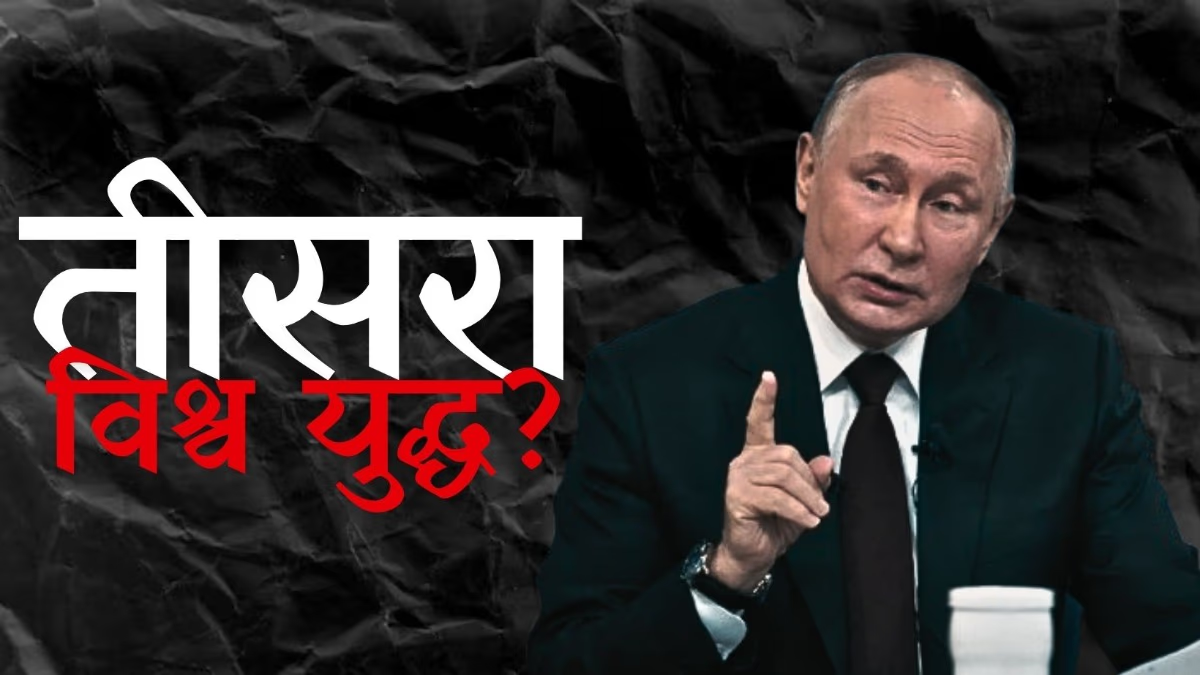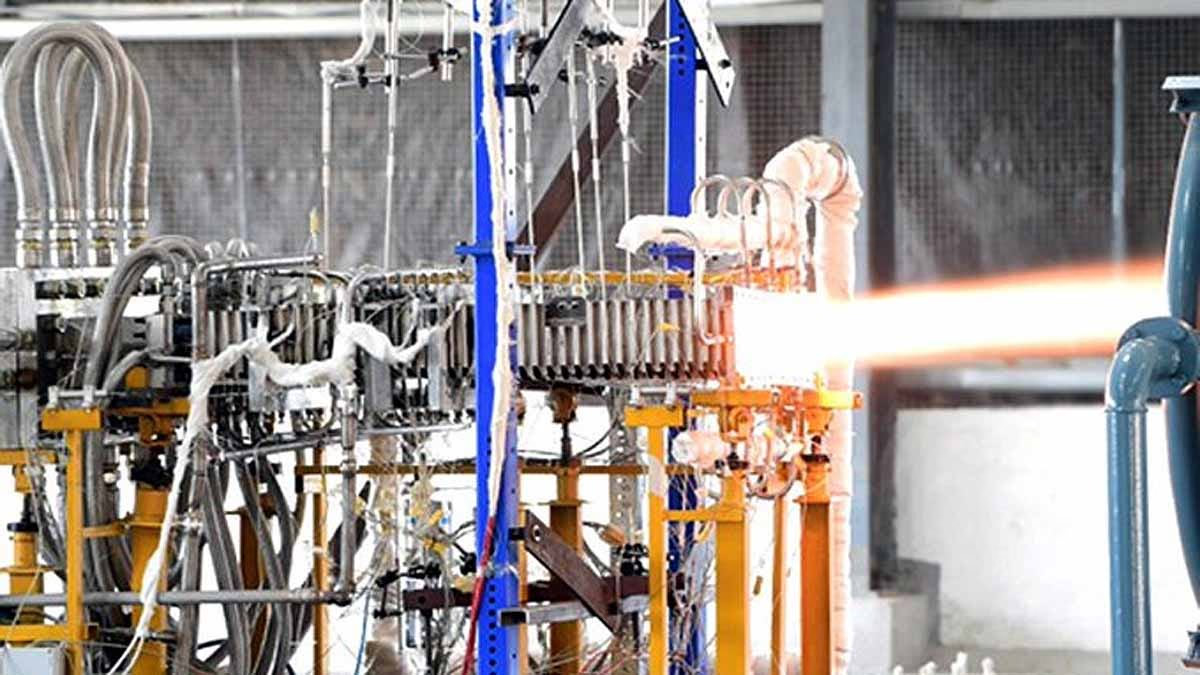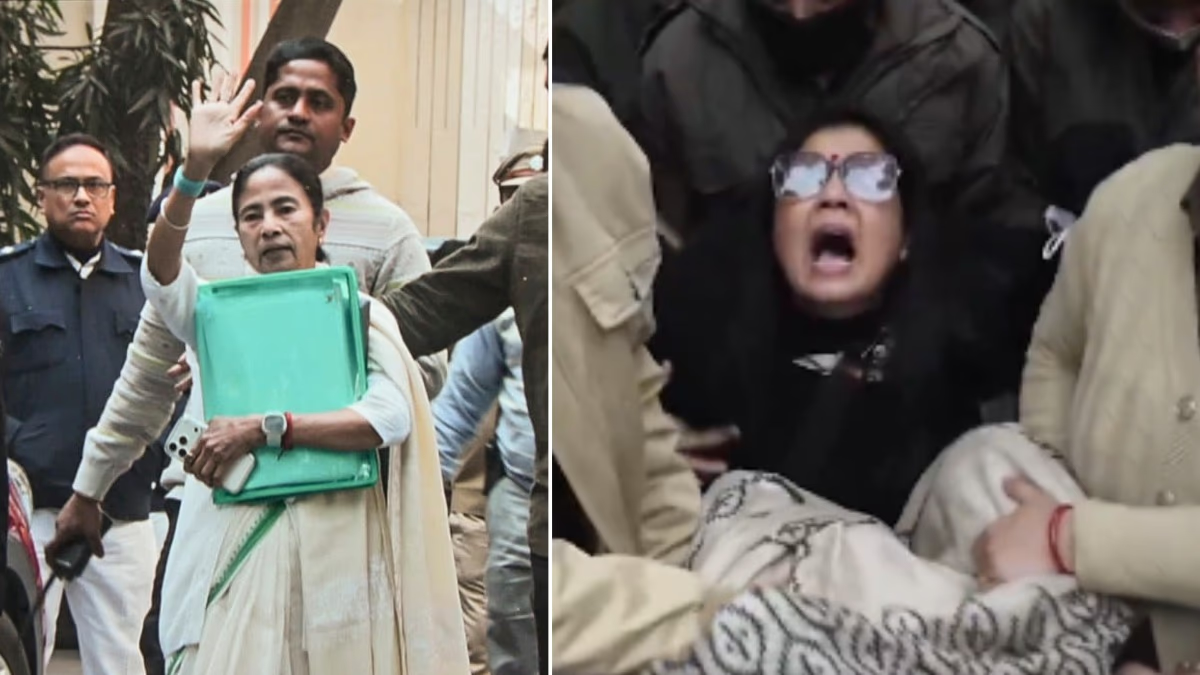The conflict between Russia and Ukraine has surpassed 1000 days, looming at the brink of nuclear confrontation that could usher in World War III. Several factors contribute to the potential use of nuclear weapons. U.S. President Joe Biden has allowed Ukraine to strike within Russia using American armaments. In response, Russian President Vladimir Putin has modified his nuclear policy, increasing the risk of a clash between these two superpowers and the onset of a Third World War.
World War III?
Dmitry Medvedev, Deputy Chairman of the Security Council of the Russian Federation and former President of Russia, stated, 'Russia's new nuclear doctrine means that NATO missiles launched against our country will be considered an attack on Russia. Russia may retaliate with WMD (nuclear weapons) against Kyiv and major NATO bases, wherever they may be located. This signifies a Third World War.'
Putin Alters Nuclear Weapon Usage Policy
On Tuesday, Putin signed a decree evidently warning the West and Ukraine, specifying conditions under which Moscow could deploy nuclear weapons. Vladimir Putin articulated that if a country lacking nuclear power, supported by a nation with nuclear capabilities, attacks Russia, it would be construed as a declaration of war against Russia.
Putin declared that if ballistic missiles are utilized against Russia, a nuclear counterattack could ensue. These changes in Russia's nuclear doctrine aim to deter countries supporting Ukraine from attacking Russia. Recently, the United States and several European countries authorized Ukraine to use long-range weapons, prompting Putin to take these steps.
What Changed with Putin's Decision?
According to the amendments, should a nation strike Russia with drones, nuclear deterrence could also be employed in retaliation. Russia's military is prepared to respond robustly to such attacks. Any weapon crossing Russia's borders, by air or from space, will be viewed as an act of war against Russia. In such scenarios, Russia may resort to nuclear weaponry.
If Russia perceives a threat to its country and citizens, it might deploy nuclear missiles and missile defense systems to provide a formidable counter to enemy assaults. In the event of an attack from space, Russia will activate its missile defense systems and might launch attacks into space as well, where nuclear deterrence might also be used.
What Prompted These Changes by Putin?
In anticipation of leaving office, President Joe Biden authorized Ukraine to use American-made weapons for strikes within Russia. Consequently, Ukrainian soldiers now have access to Army Tactical Missile Systems (ATACMS). Reportedly, Ukraine plans to conduct long-range attacks against Russia in the days ahead.
'Biden's Decision Promotes World War III'
Months earlier, Ukrainian President Zelensky had requested permission for his military to employ American armaments against Russian military bases beyond Ukraine’s borders. Russian lawmakers warned Biden’s decision could escalate the war further. Russian parliamentarian Vladimir Dzhabarov remarked that this is a significant move towards triggering a Third World War. Donald Trump Jr. accused Biden’s administration of escalating global tension to initiate World War 3 before his father’s scheduled inauguration on January 20.




